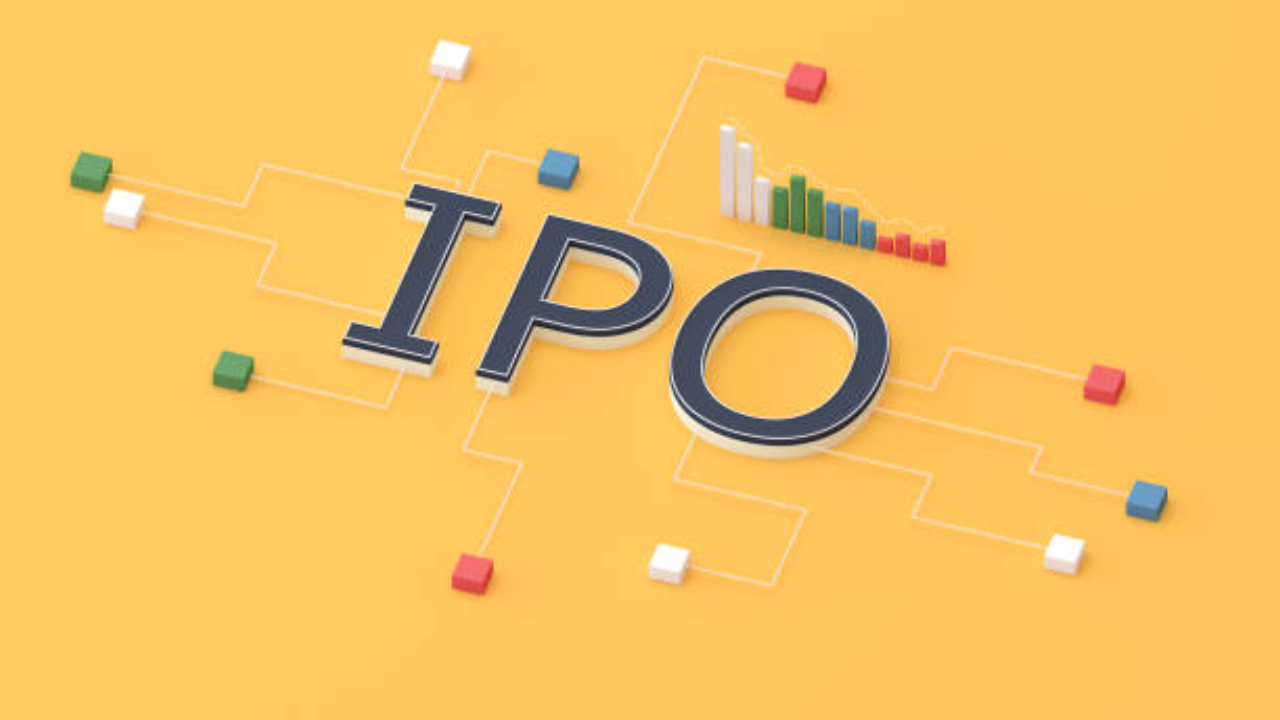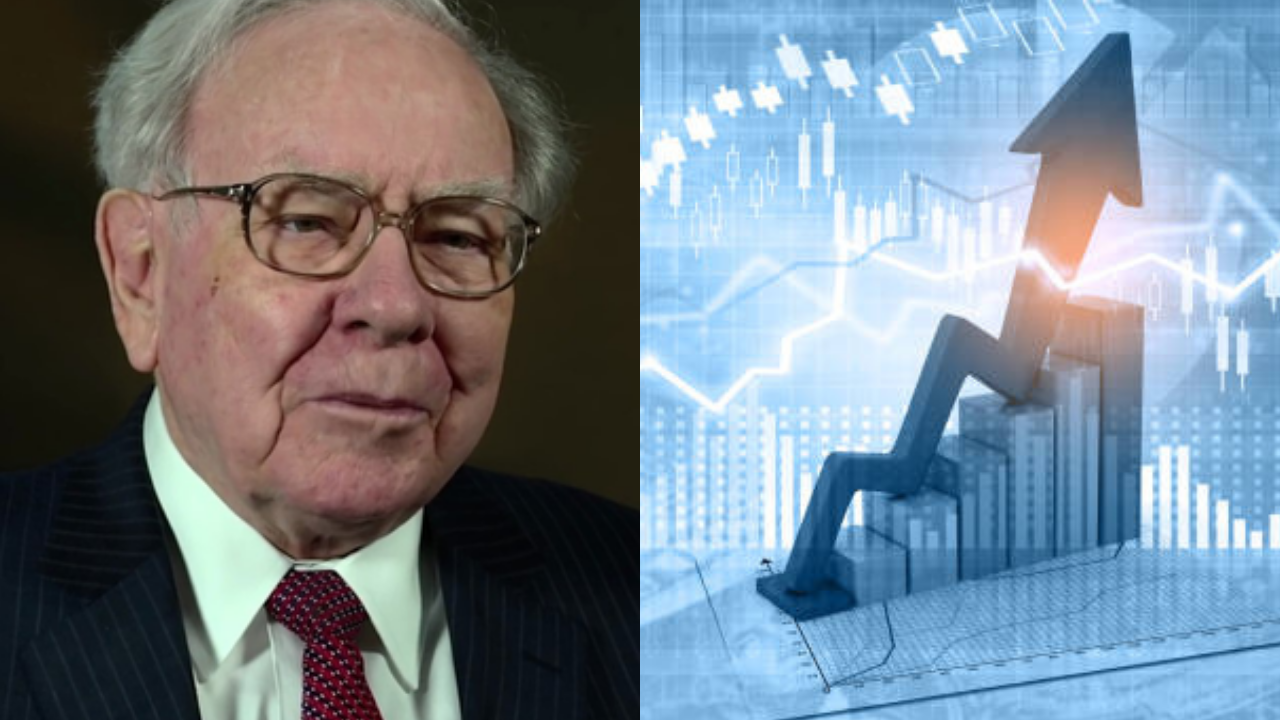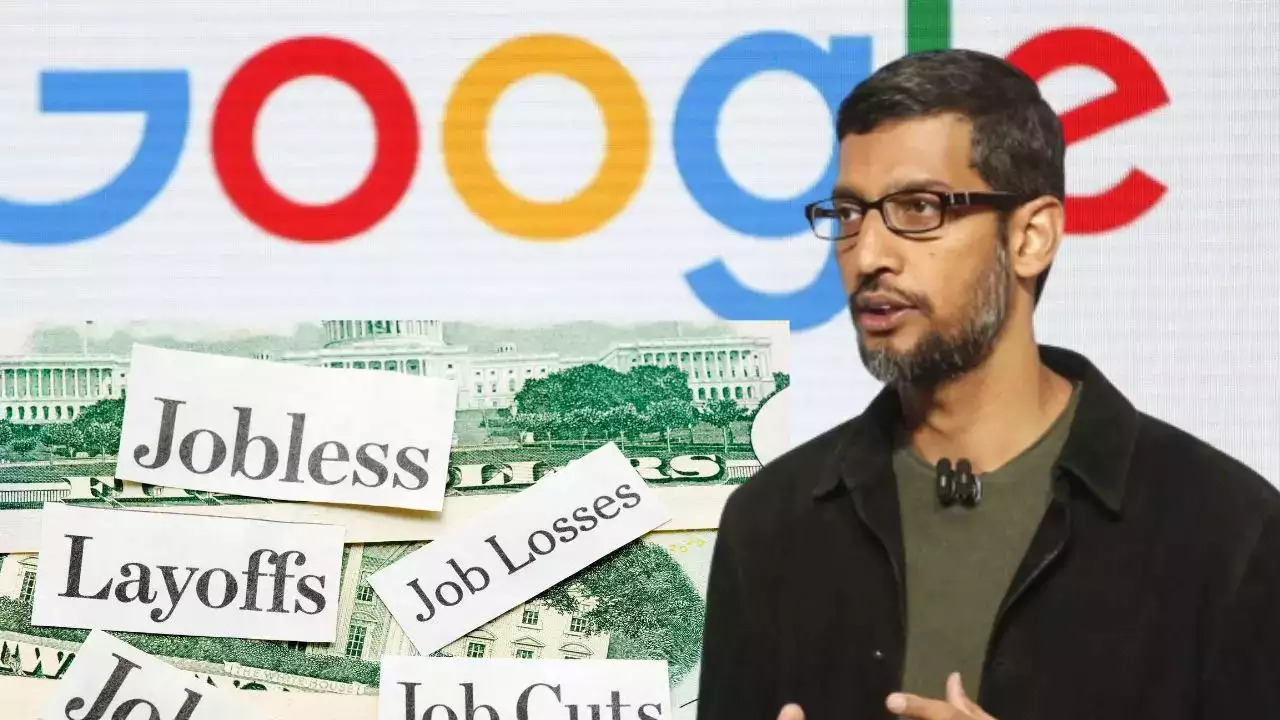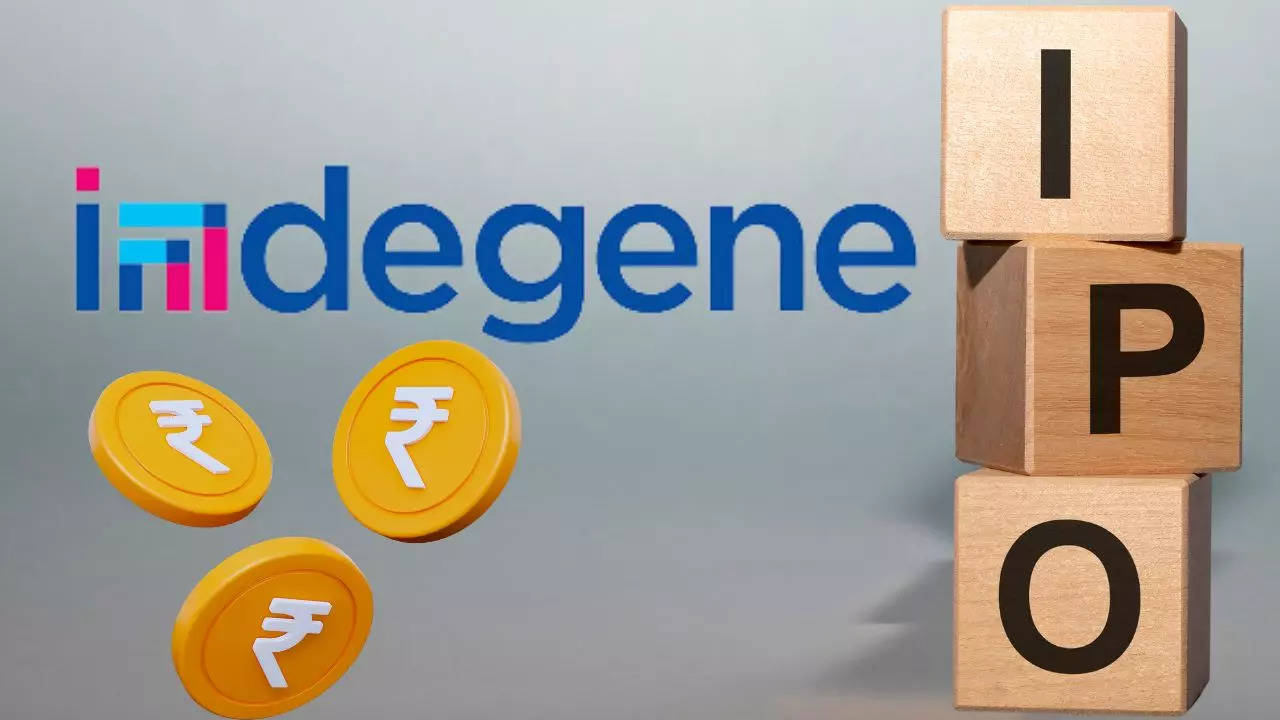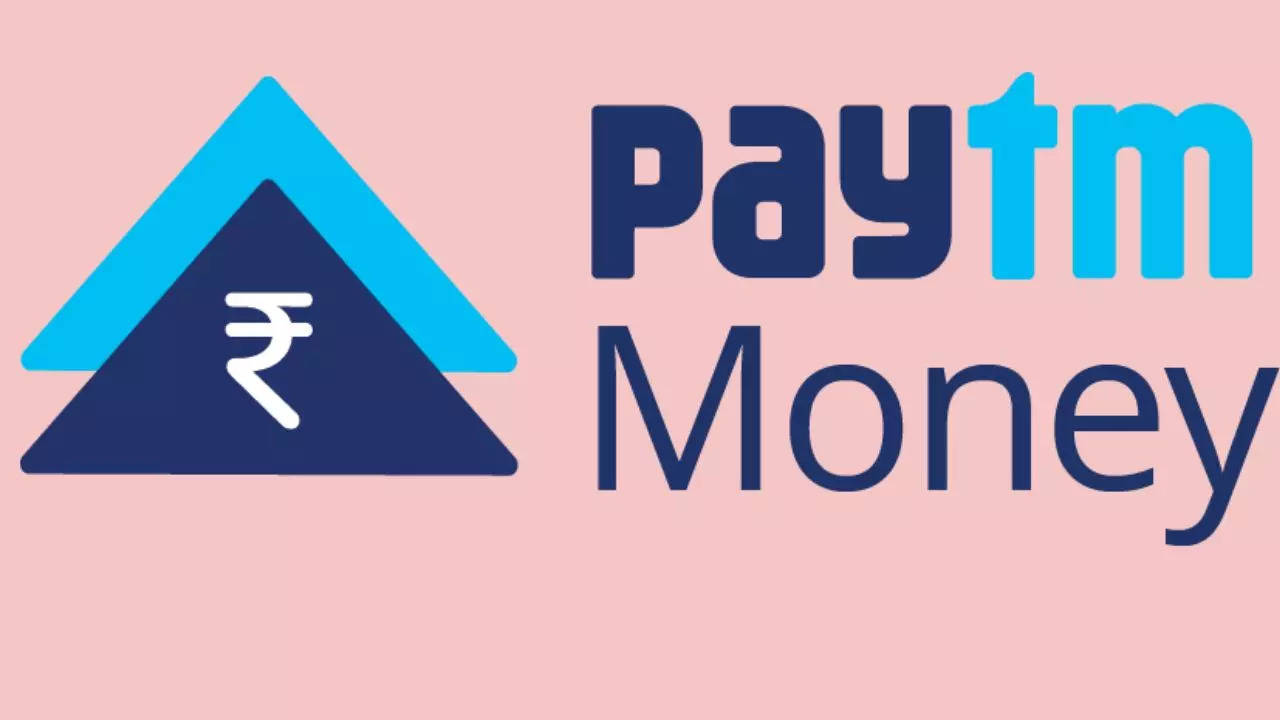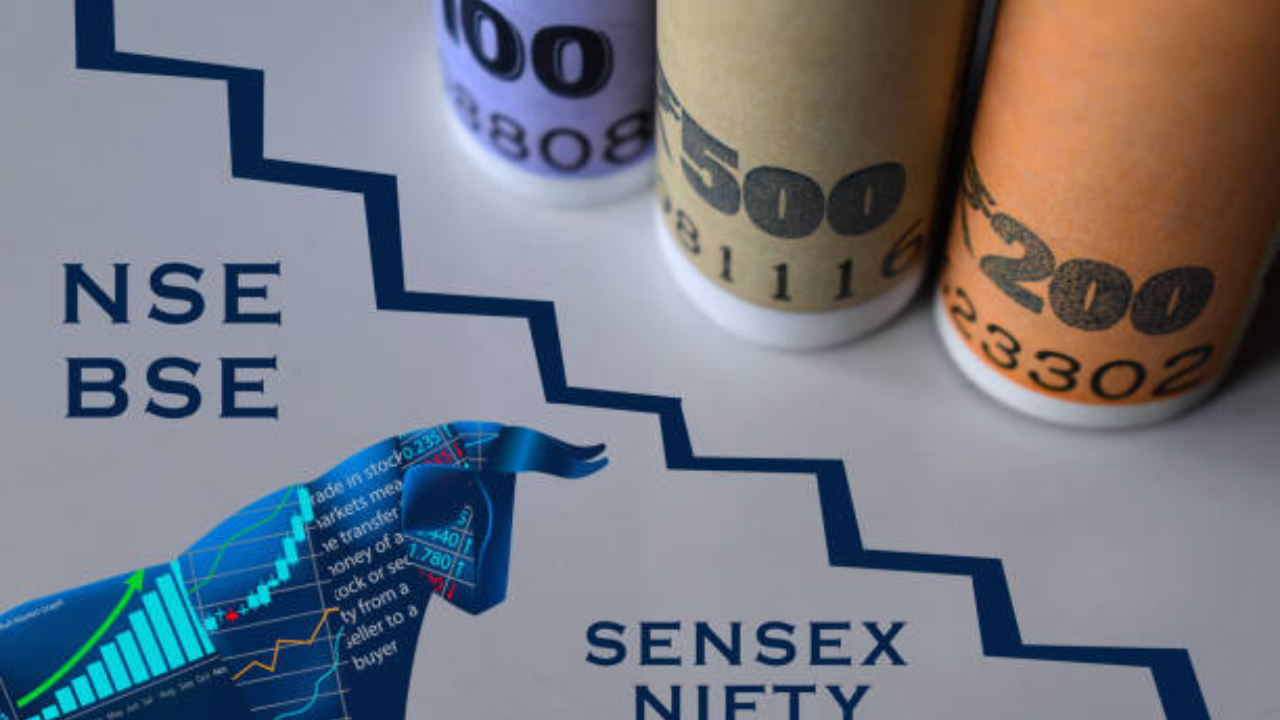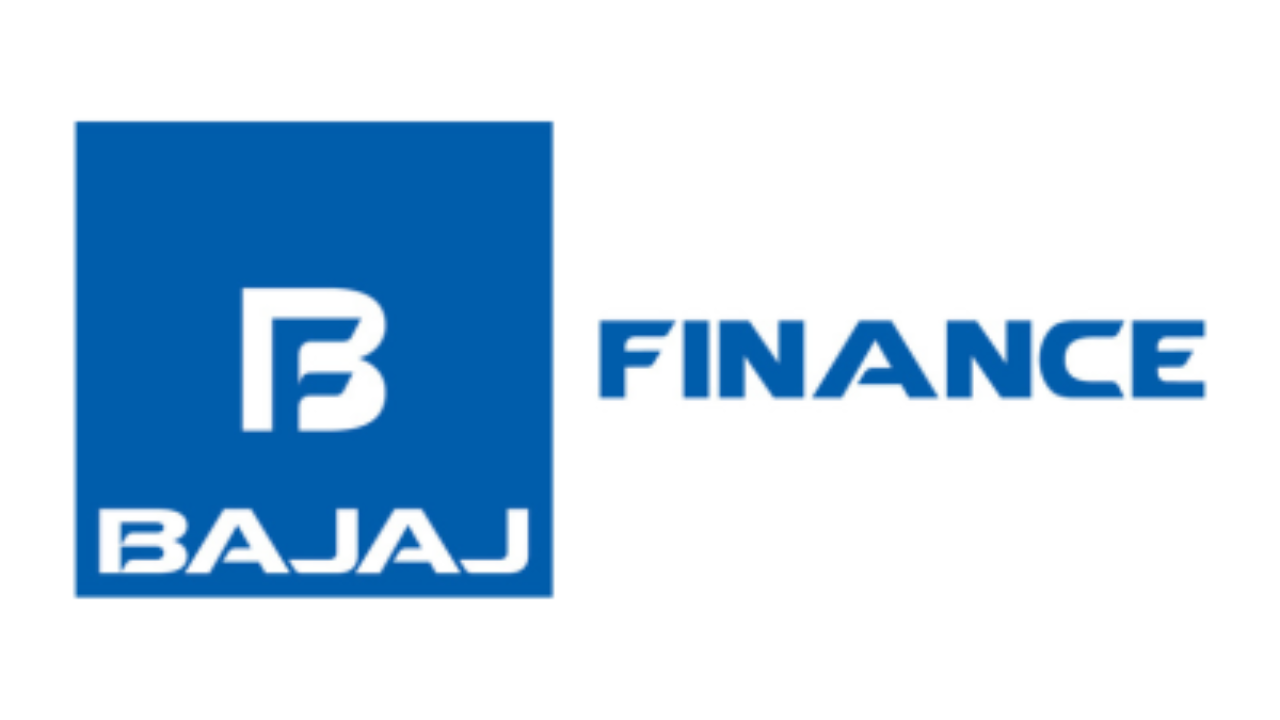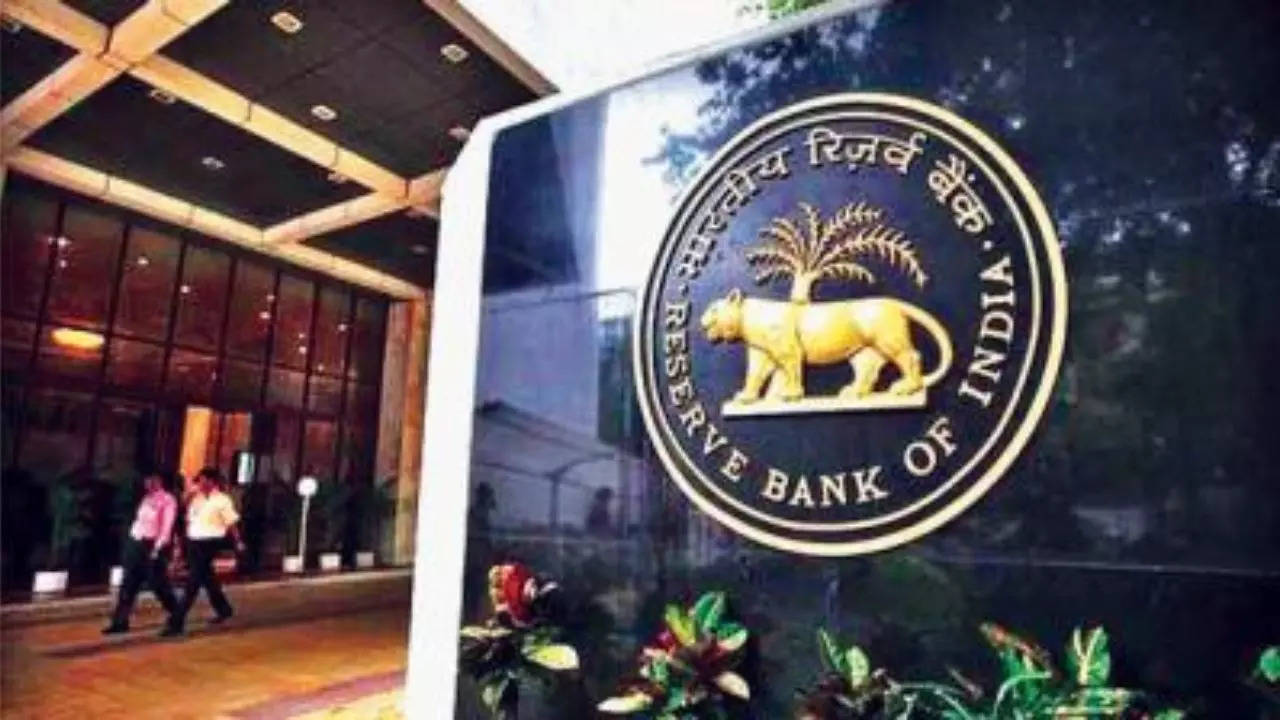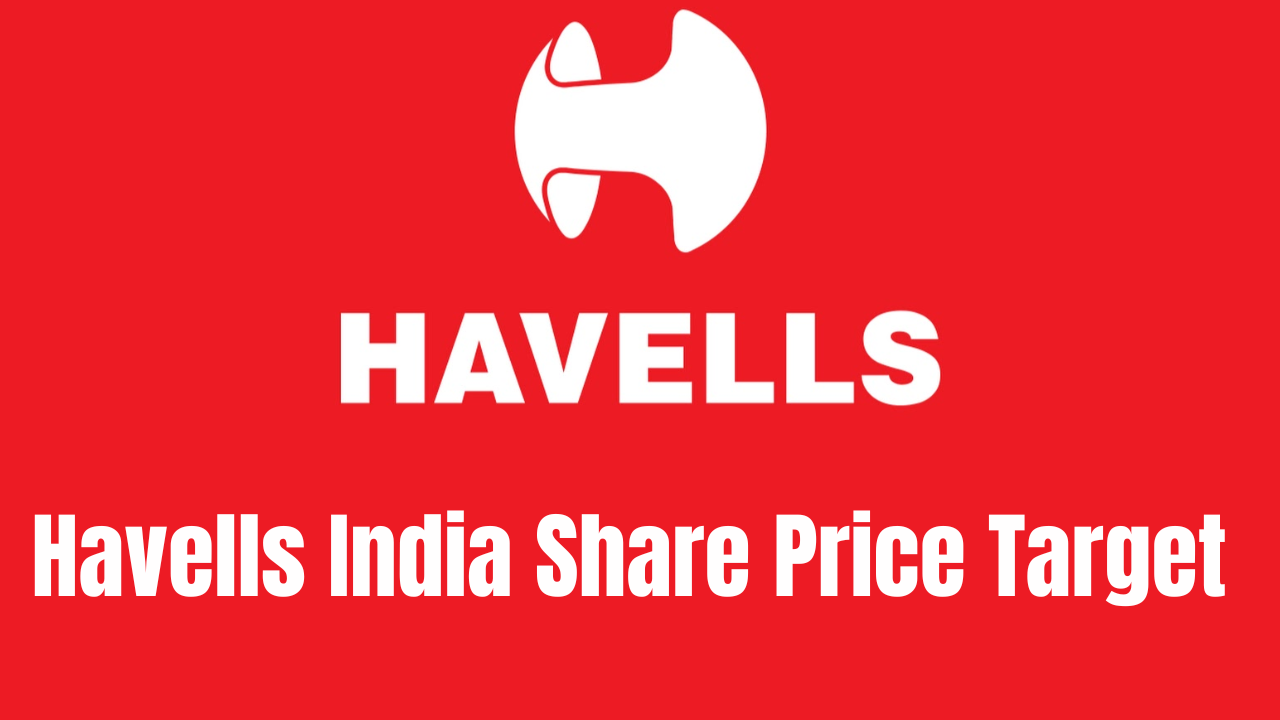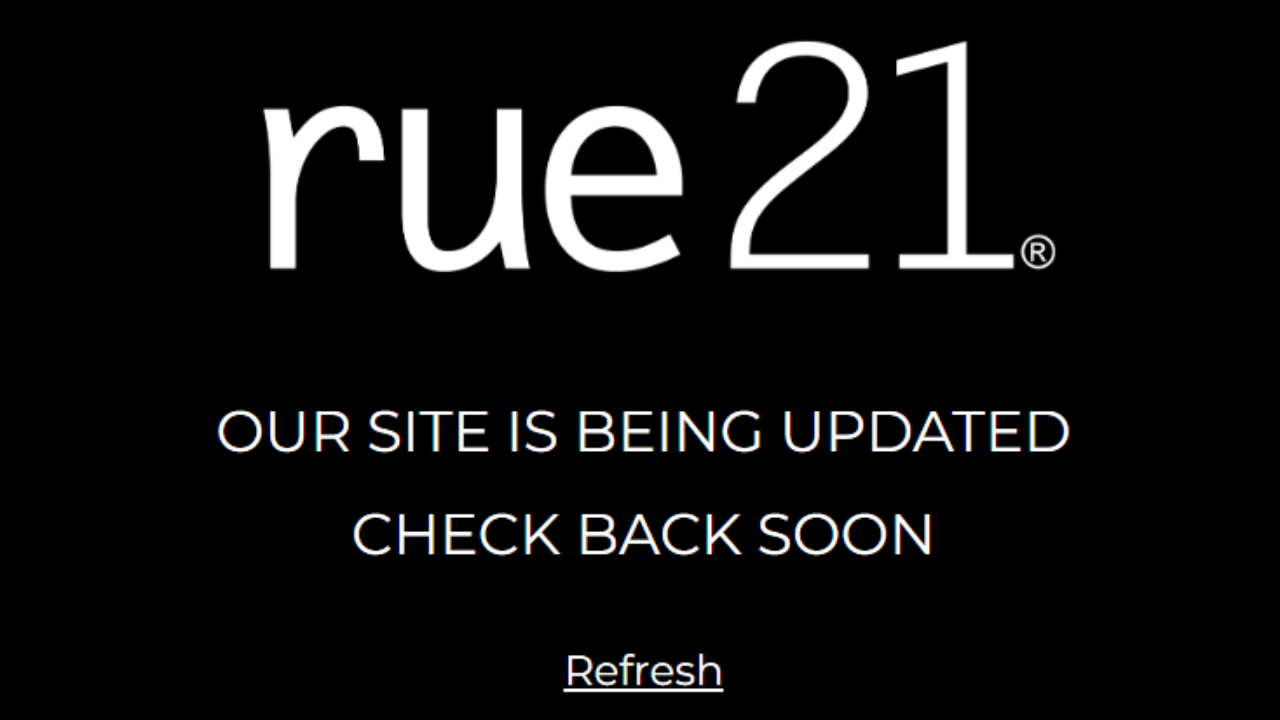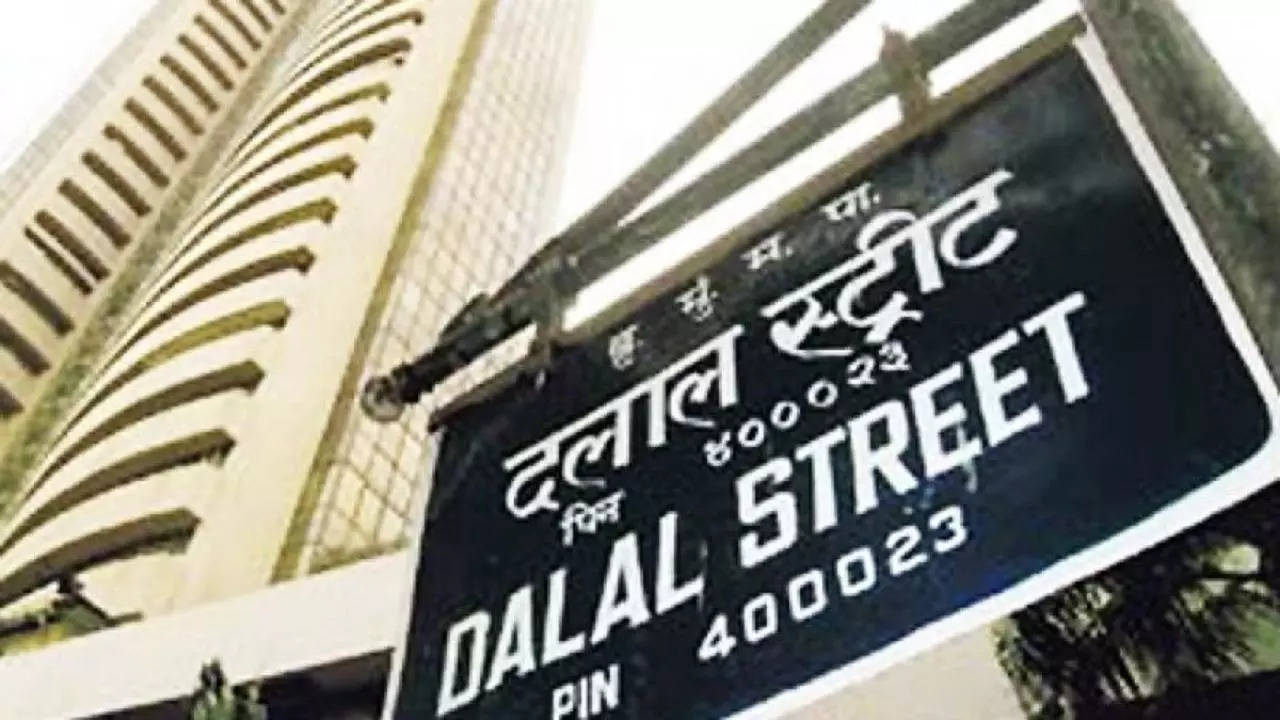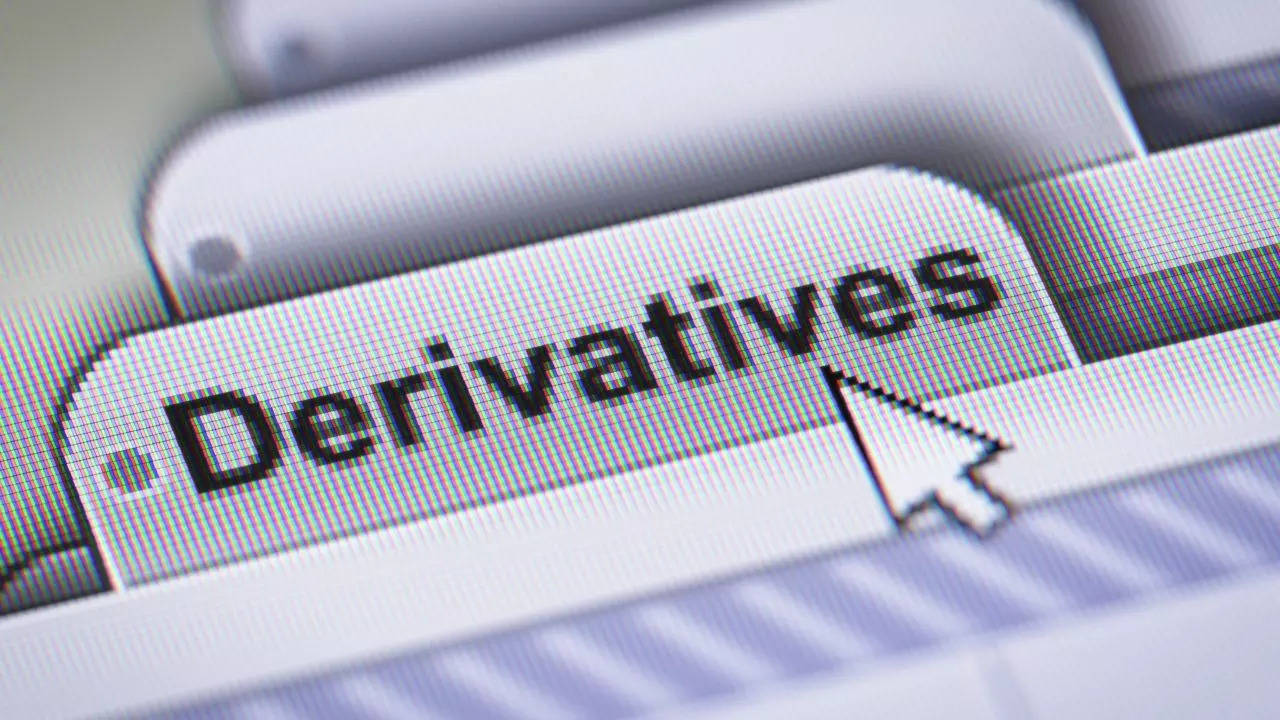

NSE Announces Derivative Contracts on Nifty Next 50 Index, Fixes Date for April Launch
The National Stock Exchange (NSE) announced on Thursday its plans to roll out derivative contracts tied to the Nifty Next 50 index, starting from April 24. This index comprises 50 companies selected from the Nifty 100, excluding those in the Nifty 50. The NSE confirmed receiving approval from the Securities and Exchange Board of India (Sebi) for these derivatives and disclosed its intention to commence trading these contracts by April 24, 2024. The exchange will introduce three serial monthly cycles of index futures and index options contracts, all of which will be cash-settled and expire on the last Friday of each expiry month.
As of March 2024, the index exhibited significant sectoral representation, with the financial services sector holding the largest weight at 23.76%, followed by the capital goods sector at 11.91% and consumer services at 11.57%. Launched on January 1, 1997, the Nifty Next 50 index constituents collectively boast a market capitalization of Rs 70 trillion, representing approximately 18% of the total market capitalization of stocks listed on the NSE as of March 29, 2024. Moreover, the aggregate daily average turnover of index constituents amounted to Rs 9,560 crore, constituting about 12% of the cash market turnover in FY24.
“The introduction of derivatives on the Nifty Next 50 index will complement the existing index derivatives product suite. The Nifty Next 50 index will represent the space between the Nifty 50 index comprising the top large & liquid stocks and the Nifty Midcap Select index comprising the top large & liquid mid-capitalised stocks,” Sriram Krishnan, Chief Business Development Officer at NSE, said.
Earlier, the exchange introduced derivatives on Nifty Financial Services index in January 2020 and derivatives on Nifty Midcap Select index in January 2022 and multiple products in the commodity derivatives segment in October 2023. Derivatives in market parlance refer to financial contracts between two or more parties and derive their value from an underlying asset or benchmark.
Broadly, there are two types of derivative contracts — futures and options. A futures contract means a legally binding agreement to buy or sell the underlying security on a future date, while an options contract gives the buyer or holder of the contract the right (but not the obligation) to buy or sell the underlying asset at a predetermined price within or at the end of a specified period.
(PTI Inputs)

